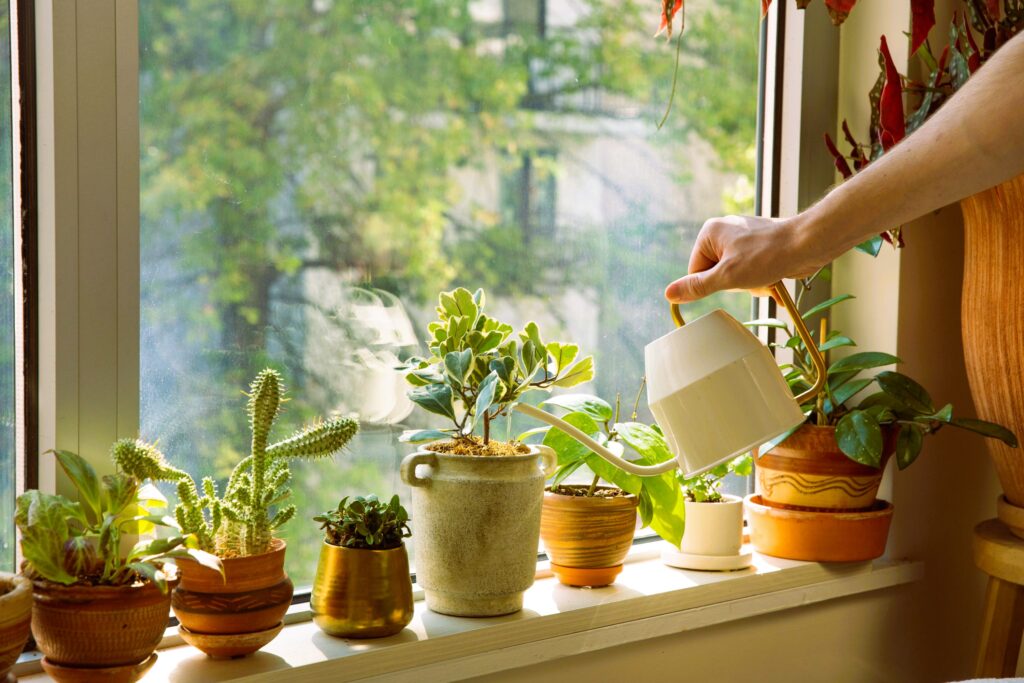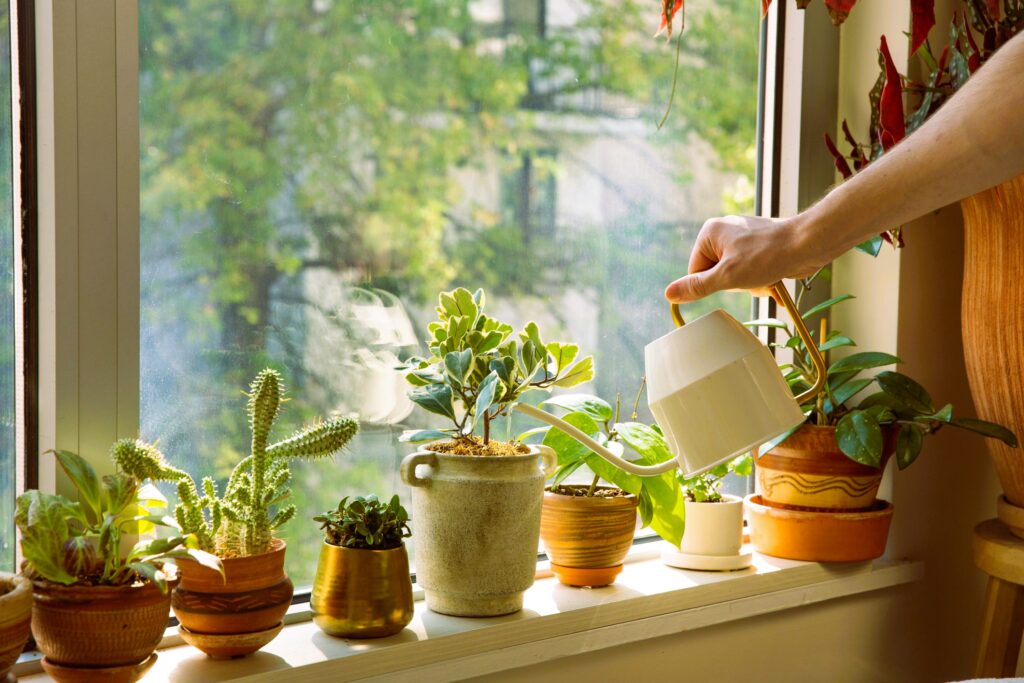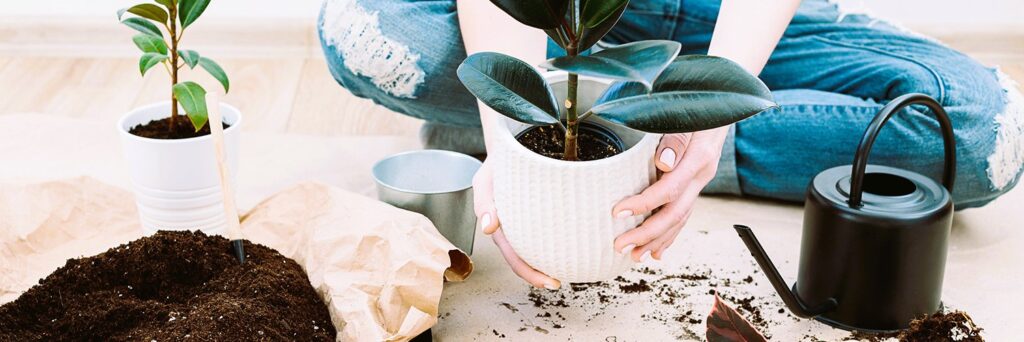
Effective plant care is at the heart of maintaining a lush and thriving garden or landscape. Watering and fertilizing are two fundamental aspects of plant care that can significantly impact the health and vitality of your plants. In this article, we’ll delve into the art of watering and fertilizing, providing valuable tips to help you master these essential practices and ensure your plants flourish.
The Importance of Proper Watering
Water is a vital element for all plant life, but the key to successful watering lies in doing it correctly:
1. Understand Your Plants’ Watering Needs
Different plants have varying water requirements. Before you water, research the specific needs of each plant species in your garden. Consider factors like plant type, size, soil type, and climate conditions.
2. Water Deeply and Infrequently
Instead of frequent shallow watering, aim for deep and infrequent watering. This encourages plant roots to grow deeper into the soil, making them more resilient during dry periods.
3. Water in the Morning
Watering in the morning allows plants to absorb moisture before the heat of the day. This reduces the risk of fungal diseases and ensures efficient water uptake.
4. Use the Right Amount of Water
Avoid overwatering, which can lead to root rot and other issues. Use a rain gauge or soil moisture meter to gauge when and how much to water.

5. Mulch Your Soil
Applying mulch to the soil surface helps retain moisture, reduce evaporation, and regulate soil temperature. Organic mulches like wood chips or compost also enrich the soil as they decompose.
6. Water at the Base
Direct water at the base of plants, not on leaves or foliage. Wet leaves can encourage disease development, and watering the roots is more effective.
7. Invest in Drip Irrigation or Soaker Hoses
Drip irrigation systems or soaker hoses deliver water directly to the root zone, minimizing water wastage and promoting efficient hydration. How yard renovations can increase the value of your home, read more in the article Investing in Your Property.
8. Adjust for Rainfall
During rainy periods, adjust your watering schedule to avoid overwatering. Consider installing a rain sensor on your irrigation system for automated adjustments.
9. Container Plants Need More Attention
Plants in containers or pots may require more frequent watering, as they have limited soil volume. Monitor container plants closely and water as needed.
10. Learn to Recognize Signs of Thirst
Familiarize yourself with the signs of thirsty plants, such as wilted or yellowing leaves. This can help you adjust your watering schedule accordingly.
The Art of Fertilizing
Fertilizing provides plants with essential nutrients for growth and flowering. Here are tips for effective fertilization:
1. Choose the Right Fertilizer
There are various types of fertilizers, including organic and synthetic options. Select a fertilizer that matches the nutritional needs of your plants.
2. Timing Matters
Fertilize plants at the right time. Spring and early summer are typically the best times for most plants, as they enter their active growing phase.
3. Follow Application Rates
Read the label instructions on your fertilizer carefully, and apply the correct amount. Over-fertilization can harm plants and the environment.
4. Avoid Fertilizing Stressed Plants
Avoid fertilizing plants that are stressed due to drought, disease, or other factors. Wait until they recover to prevent further stress.
5. Consider Slow-Release Fertilizers
Slow-release or granular fertilizers release nutrients gradually over time, reducing the risk of nutrient runoff and providing long-lasting benefits.
6. Pay Attention to Micronutrients
In addition to major nutrients (nitrogen, phosphorus, and potassium), plants require micronutrients like iron and magnesium. Some soils may lack these micronutrients, so consider soil testing.

7. Use Compost as a Natural Fertilizer
Compost is an excellent natural fertilizer that enriches soil with organic matter and nutrients. Incorporate compost into your garden beds to improve soil fertility.
8. Be Mindful of Specialized Fertilizers
Certain plants, such as acid-loving plants like azaleas or blueberries, may require specialized fertilizers tailored to their specific needs.
9. Avoid Fertilizer Burn
To prevent fertilizer burn, water plants before and after fertilizing. This helps distribute the nutrients and reduce the risk of root damage.
10. Monitor Plant Responses
Observe how your plants respond to fertilization. Healthy, well-fertilized plants should exhibit vigorous growth and vibrant foliage.
Additional Resources
For more information on plant care, including watering and fertilizing techniques, you can visit Government of Canada website. These sources offer valuable insights and guidelines to help you become a master of plant care, ensuring that your garden or landscape thrives and flourishes throughout the seasons.



